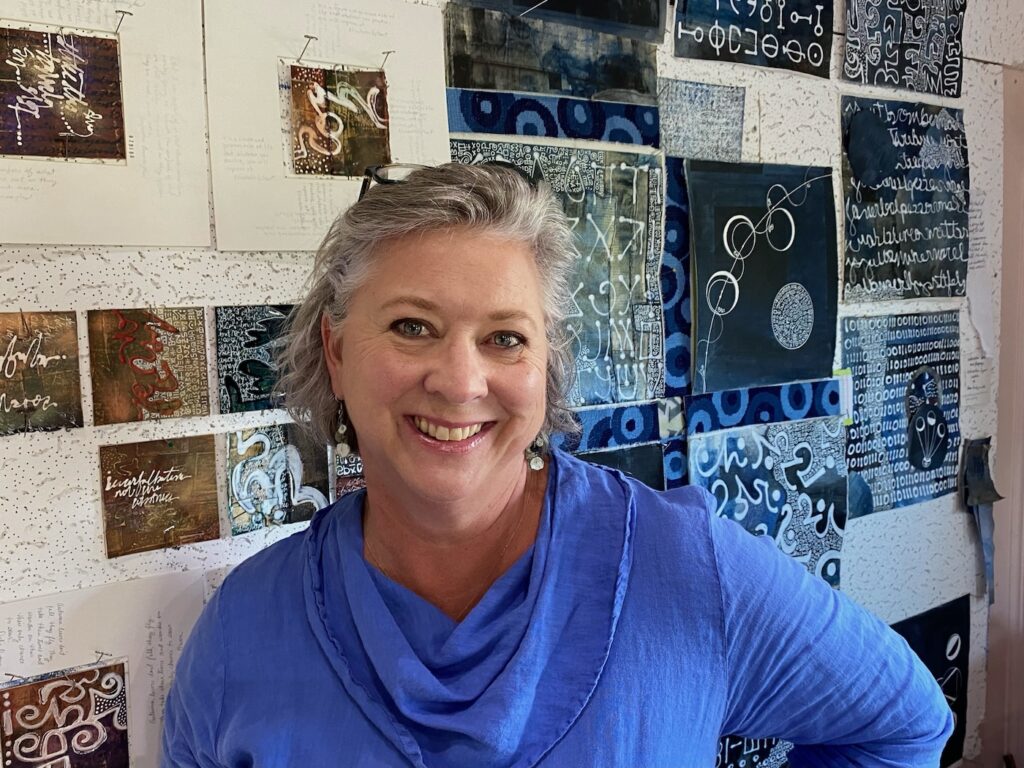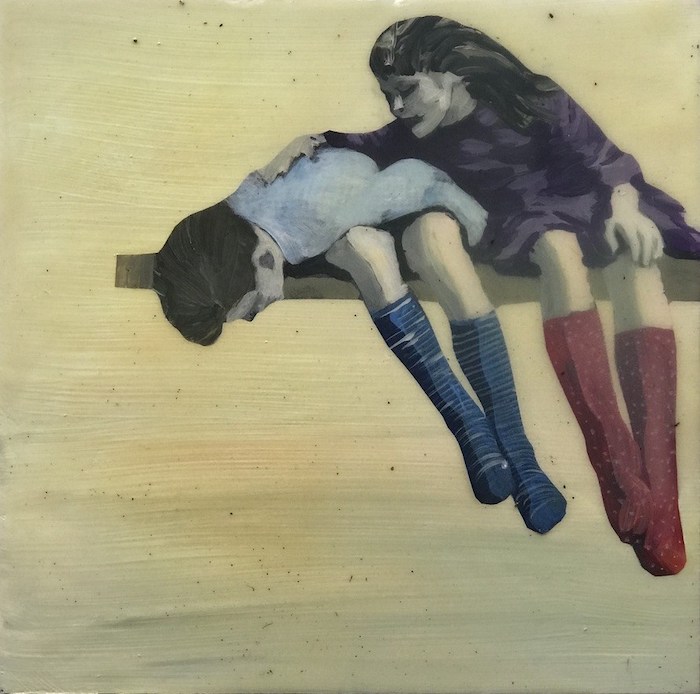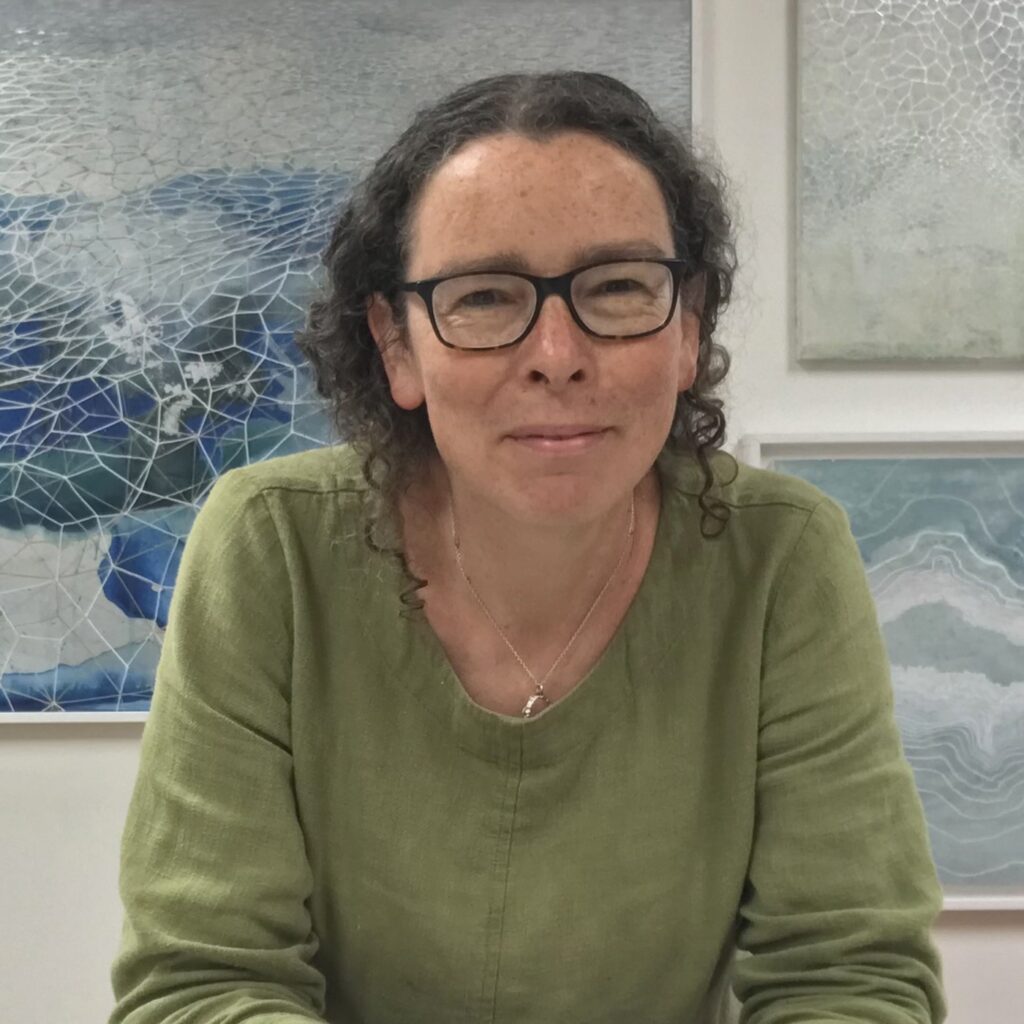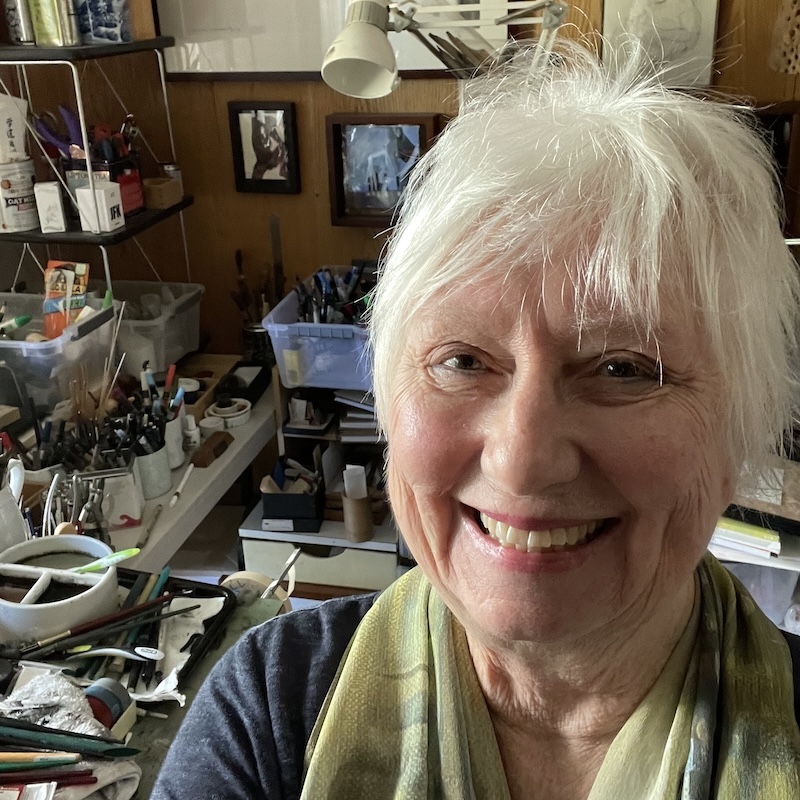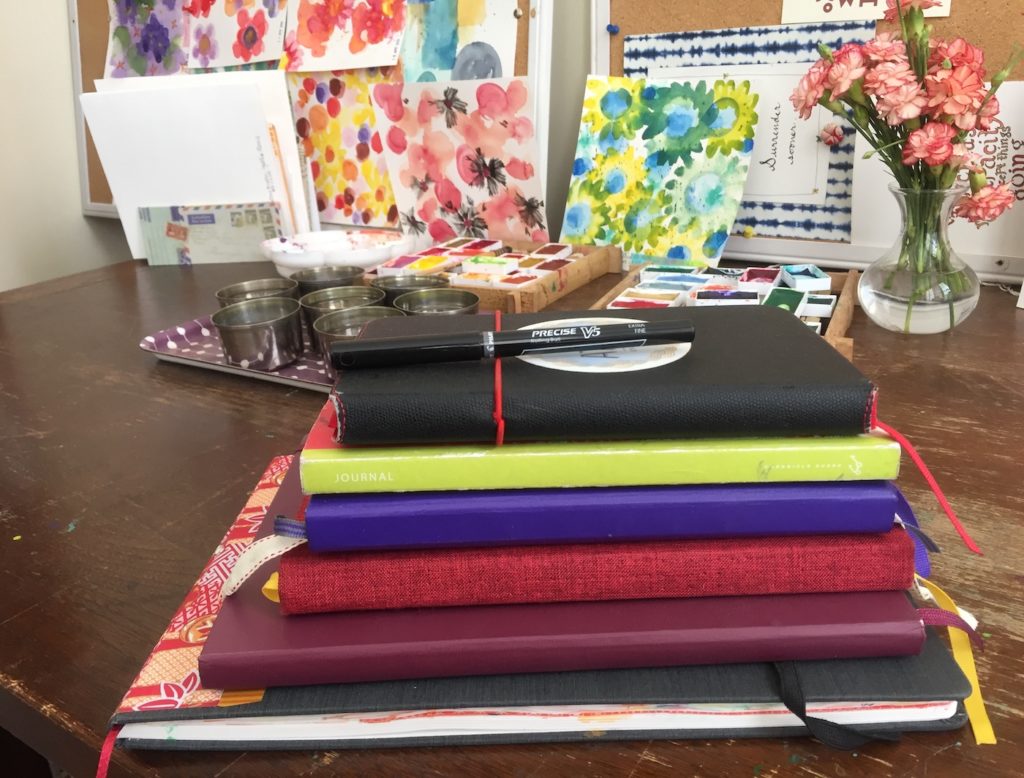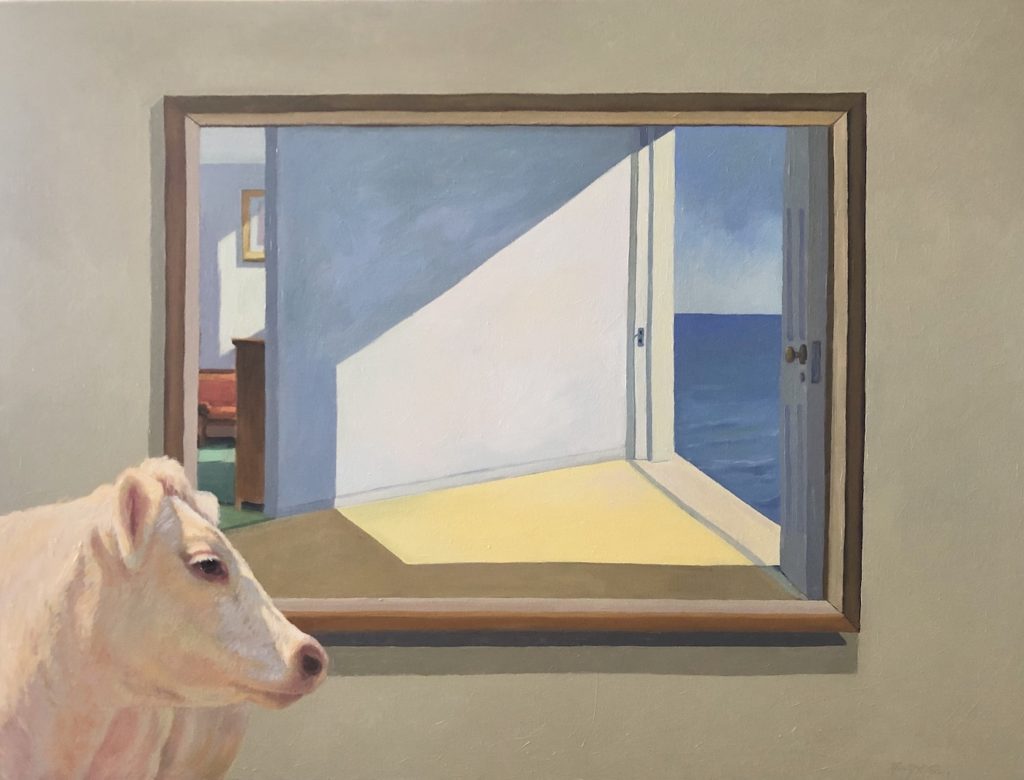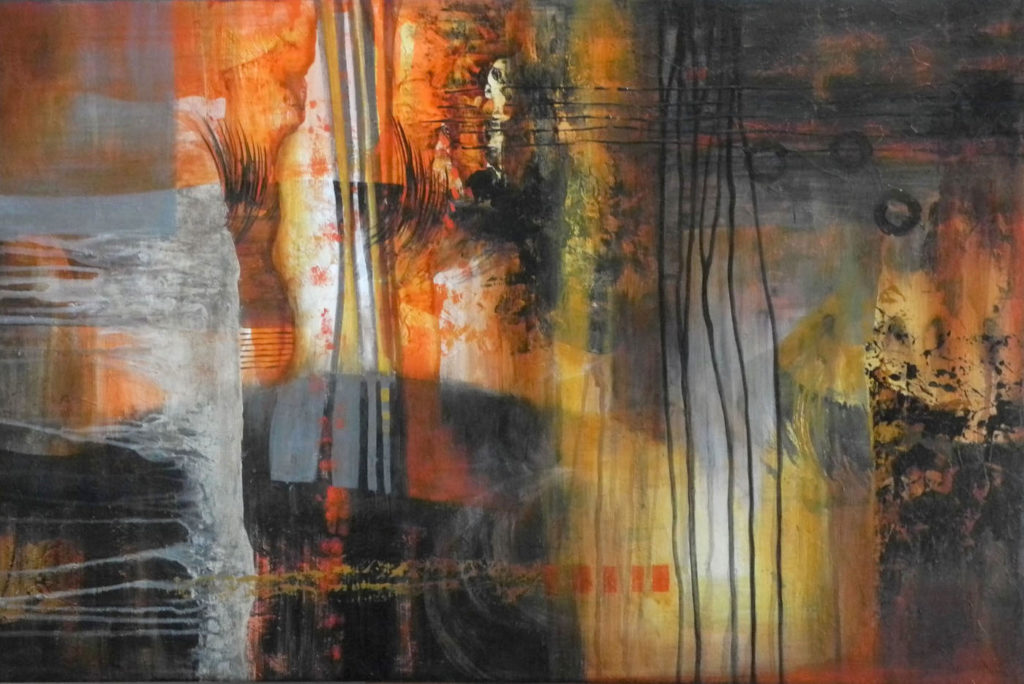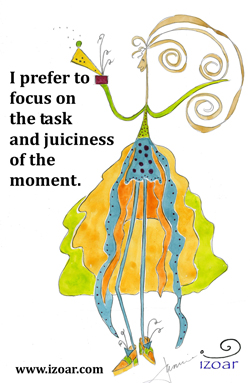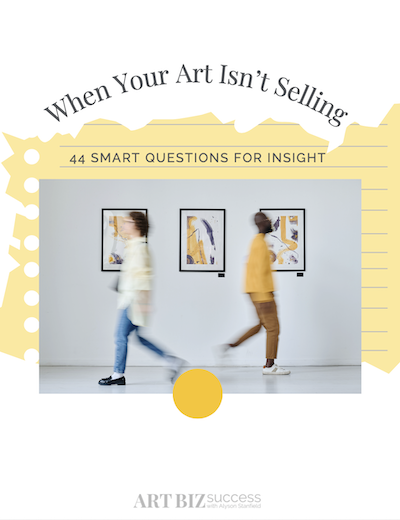Do you think you might have a book in you?
Why not do it?!
Writing a book could increase your credibility, contribute to your legacy, and impact many lives.
A lot of people think that writing a book is the hard part of getting your book published. Not to take anything away from the difficult work that goes into the writing, but it is only a small portion of the entire book publishing process.
I learned about the process when the first edition of my book, I’d Rather Be in the Studio, was published in 2008 and was reminded of the long book-publishing journey when the 4th edition was released earlier this year. There are so many moving parts and, like many businesses today, book publishing is a fast-moving industry.
Those moving parts come, of course, with an expense line in your budget, which means it’s very helpful to know what you’re getting into before you start down the book production path.
You really want to know 1) that you will be able to pay for the cost to publish and 2) at what point you’ll begin to make a profit. In order to accomplish that second thing (the profit thing), you also need a marketing plan specifically for your book.
I confess I didn’t talk to enough people.
My guest for this episode of the Art Biz Podcast is artist Carol McIntyre, the author of I Just Want to Paint: Mixing the Colors You Want. In the book, Carol teaches a step-by-step color mixing method for frustrated painters of all media who want to stop making mud and start mixing the colors they want with ease.
Listen now to hear Carol’s process and advice so you can avoid the sticker shock of publishing your own book.

